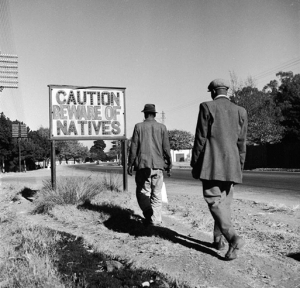News
Latest Lion Aid News
South Africa, wildlife conservation, and international pressure
Monday 16th July 2012
|
South Africa has long had an official policy to place wildlife in private hands. This means kudus, wildebeest, impalas, rhinos, lions etc are traded and bred to supply game ranches, private parks, hunting organisations. Many hunting proponents claim that South Africa “saved” white rhinos by allowing them to be sold to private owners to then be shot by foreign hunters. And South Africa “saved” many other species by allowing them to be ranched and sold for commercial profit. Indeed, some will claim that by allowing private breeders to supply canned lion hunting trophies, we are actually saving the wild lions. But we do need to take an informed step backward from such views. Let’s perhaps give South Africa some credit for the initial idea of allowing wildlife, normally the property of the State, to be placed in private hands. Perhaps there was even some hopeful thought that this would result in a positive benefit for conservation. But this has never happened. Private ownership by necessity involves commercial utilisation, most of which will be consumptive (hunting for meat and trophies, live trade), so by and large there is no conservation component – just having more “wildlife” on game ranches does nothing for wild populations. Indeed, by allowing rhinos to be commercially utilised, South Africa provided an initial supply that seeded massive levels of commercial poaching in the country and beyond. By creating a supply for the Asian Traditional Medicine bone trade of lions, South Africa has created growing levels of lion poaching across Africa, especially involving neighbouring countries like Botswana. South African authorities have denied such connections and absolve themselves of responsibility. They say the trade in rhino and lion products is legal, and therefore will not cease. They do not answer telephone calls or e-mails on these issues. To successfully put pressure on South Africa to cease trade in wildlife products that are conservation negative, we need to look at a bit of history. Apartheid in South Africa did not solely end from within, but needed international pressure to ensure its extinction. The trade in rhino products, lion bones, and captive bred tigers will continue unless South Africa is subjected to appropriate international censure. What is appropriate pressure? A boycott of South Africa by environmentally conscious tourists who clearly state their reasons for not coming. A campaign to make public South Africa’s transgressions in the wildlife trade by the media. An international call to replace the current environment Minister, Edna Molewa, who tolerates rhino poaching and the lion bone trade. An investigation by Interpol into the illegal wildlife trade in South Africa, including identification of the people involved in the very active wildlife Mafia operating in that country… just for a start? Apartheid picture image credit:http://bit.ly/Nr1QVl Tags: South Africa, poaching, lion bones, commercial utilisation, Categories: Illegal Wildlife Trade |
Posted by Pieter Kat at 15:57
No comments have been posted yet.
Add a new comment
Existing user
New user sign up




